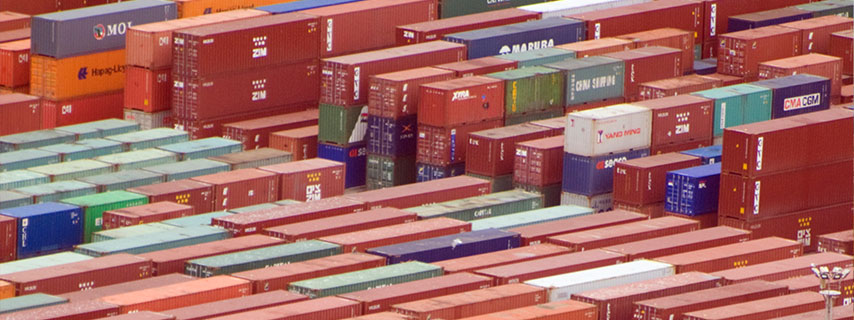
Shipment insurance protects your goods against physical loss or damage while in transit by sea, air or land. Single shipment insurance is purchased on a per shipment basis, and thus only covers a single shipment. Businesses that make infrequent domestic or international shipments would typically opt for single shipment insurance.
Chubb's Single Shipment Insurance
Chubb's Single Shipment Insurance is designed to provide fuss-free coverage for single cargo shipments with a value of less than S$250,000. You no longer need to take out an annual or open policy!
With Chubb's Single Shipment Insurance online platform, you can receive your quote, purchase and receive your cargo insurance policy instantly in a few simple steps. This user-friendly platform provides a real-time and reliable solution to help reduce your business risks. Get your cargo insurance quote in just 7 clicks!
Key Features
- Provides quotation for ad-hoc shipments, anytime, anywhere
- Generates a quote in just 7 clicks and less than 3 minutes
- Quotes and policies can be issued in real-time
- Password protected accounts for instant retrieval of certificates
- Payment can be made easily via credit or debit card
- Coverage for most types of containerised cargo, fine art, household goods or parcel shipments
What you need to obtain your single shipment policy
- Shipment details (e.g. Carrier’s Name or Flight Number & ETD Date)
- Value of goods (from the supplier's invoice)
- Description of goods
- Credit or debit card for payment
Have a question or need more information?
Contact us to find out how we can help you get covered against potential risks

